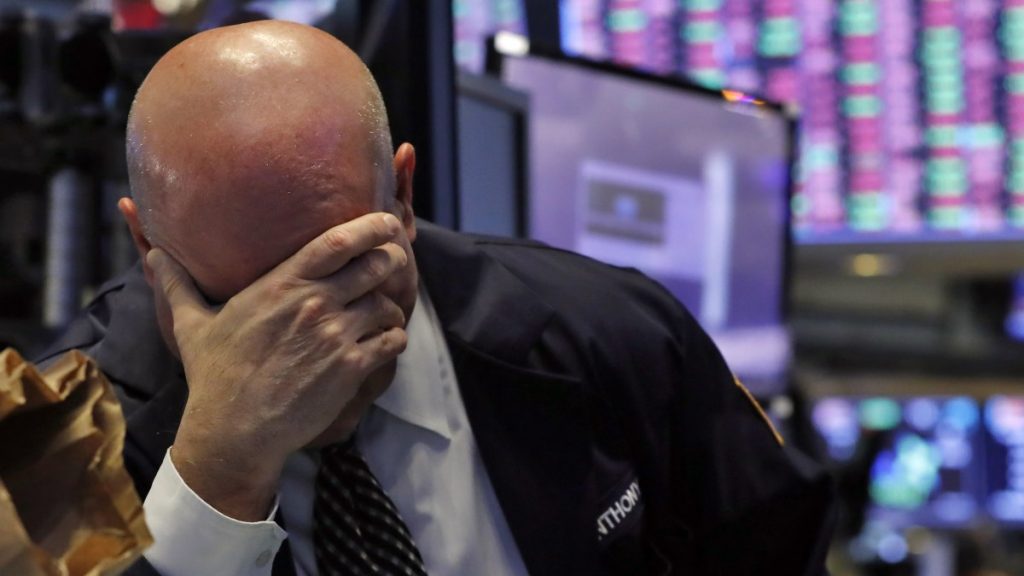
President Joe Biden very often cites research from Moody’s when he is trying to make a point on the U.S. economy.
He should use the latest from Moody’s Mark Zandi to emphasize any point being made to fellow politicians on both sides of the aisle on the need to get a debt ceiling deal done ASAP.
“Shutting the government down would not be an immediate hit to the economy, but a default would be a catastrophic blow to the nascent economic recovery from the COVID-19 pandemic,” said Zandi, the widely followed chief economist of Moody’s — who rose to fame for prescient calls before and during the Great Recession — in a new piece of research.
The blow from a default on our debt due to lawmakers not extending the debt ceiling would be particularly acute to investors in the stock market, according to Zandi.
“Stock prices would be cut almost in one-third at the worst of the sell-off, wiping out $15 trillion in household wealth. Treasury yields, mortgage rates, and other consumer and corporate borrowing rates spike, at least until the debt limit is resolved and Treasury payments resume. Even then, rates never fall back to where they were previously. Since U.S. Treasury securities no longer would be risk free, future generations of Americans would pay a steep economic price,” said Zandi, referring to the potential fallout in asset markets.
In large part, the stock market pressure would reflect the major economic blow dealt from the debt default.
Explains Zandi, “The hit to consumer, business and investor confidence would be severe. If the impasse over the debt limit lasts through all of November, the Treasury will have no choice but to eliminate a cash deficit of approximately $200 billion by slashing government spending. Annualized, this is equal to more than 10% of GDP. The economic blow would be devastating.”
Zandi’s dire predictions come on the heels of Treasury Secretary Janet Yellen warning of “catastrophe” if the debt ceiling debate isn’t settled.
“The U.S. has never defaulted. Not once. Doing so would likely precipitate a historic financial crisis that would compound the damage of the continuing public health emergency. Default could trigger a spike in interest rates, a steep drop in stock prices and other financial turmoil. Our current economic recovery would reverse into recession, with billions of dollars of growth and millions of jobs lost,” Yellen said in an op-ed in The Wall Street Journal.
As it stands, lawmakers remain locked in a contentious battle on the issue.
On Tuesday, the Democrat-led House passed a short-term government funding bill that maintains funding through Dec. 3. It also includes a provision to suspend the debt limit through Dec. 16, 2022.
But, the bill is likely to die on the floor of the Republican-controlled Senate.


























